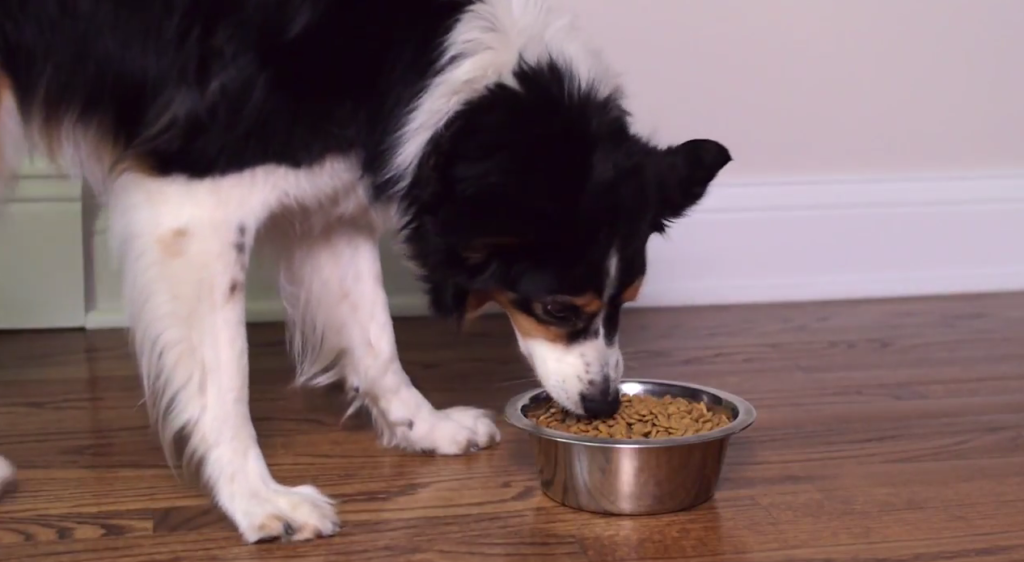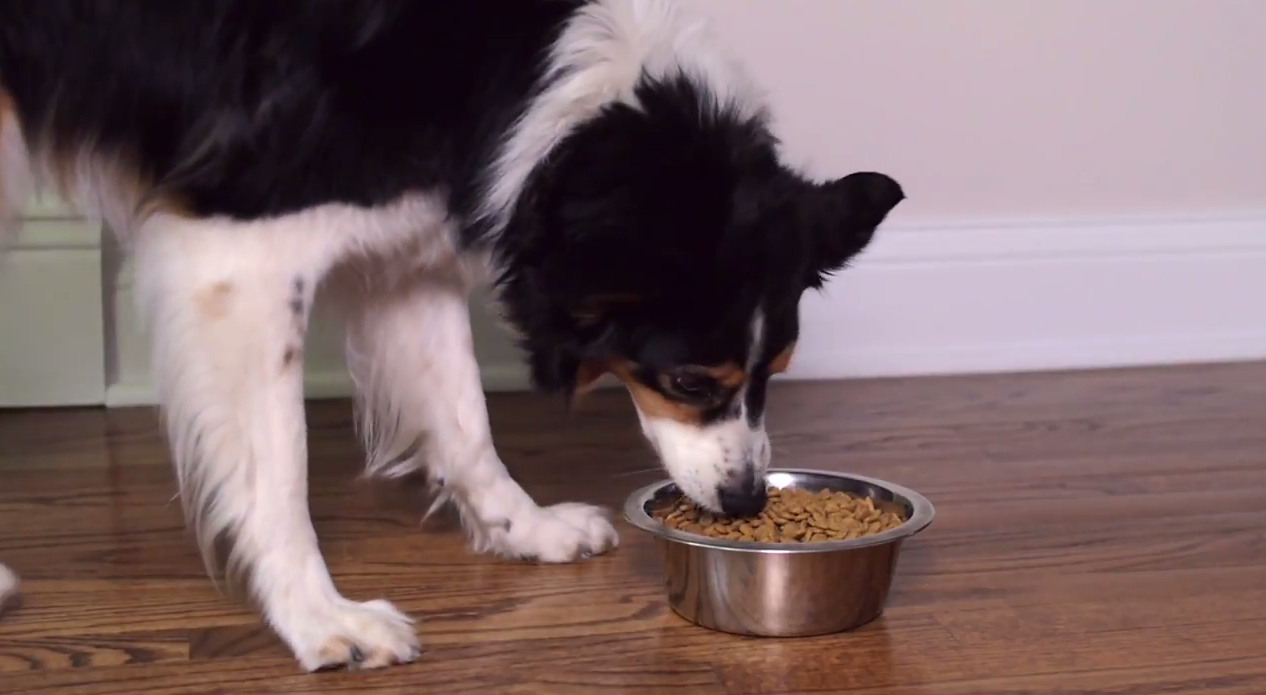
You may have recently heard about an FDA statement regarding alleged associations between pet foods and a heart disease called DCM – dilated cardiomyopathy. In their statement, the FDA implicated certain ingredients (particularly potatoes and legumes like peas) and types of food (such as grain-free diets) as having potential associations with this condition.
Please allow me to be perfectly clear: any relationship between DCM and certain types of diets or ingredients is not fully clear.
What does diet have to do with heart disease in dogs?
Historically, DCM has been caused by taurine deficiency in pets who were either eating diets with insufficient taurine or taurine’s precursors methionine and cysteine, or in dogs with genetic predispositions and higher taurine requirements.
Taurine is not generally recognized as an essential nutrient for all dogs, as adult non-reproductive dogs can generate their own taurine, provided the sulfur amino acids methionine and cysteine are included at appropriate levels in their diet.
What do peas and potatoes have to do with this?
The FDA’s recent warning had to do with diets which contain little or no grains, so called “grain-free” diets, which typically have high levels of legumes, sweet potato, or potato as an alternative source of carbohydrates. Legumes typically have quite a high level of protein in comparison to grains, and inclusion of legumes in pet food can affect the amino acid profile of the diet. The ideal protein would be one in which all amino acids are in perfect balance, however this ideal protein does not exist as a complete and balanced food for pets. Instead, multiple complementary protein sources are combined to meet each amino acid requirement. While legumes are a rich source of protein, they are limited in sulfur amino acids.
Furthermore, high fiber content can decrease digestibility of a diet and increase taurine excretion. Diets rich in legumes and low in grains can have higher fiber contents than diets which include grains and have lower levels of legumes.
My dog is eating a “grain-free” diet or a diet with a high content of legumes – what should I do?
First and foremost, if you have any concerns about your pet’s health you should contact your veterinarian. If you have no reason to suspect disease, but have been concerned by the media surrounding this issue, there are some practical steps you can take to evaluate whether the diet you are feeding your companion is likely to be high risk or not:
1) Check the packaging for an AAFCO (North America) or FEDIAF (Europe) statement of nutritional sufficiency. It will read something like:
This dog food has been formulated in accordance with AAFCO nutrient profiles for adult maintenance or This dog food has undergone feeding trials in accordance with AAFCO.
If the diet does not have an AAFCO/FEDIAF adequacy statement, or the adequacy statement is not for the appropriate life-stage (puppy growth, adult maintenance, or pregnancy/lactation), it may not be nutritionally complete and balanced or appropriate for your dog.
2) Call the company producing the food and ask them some questions about their practices and about nutrients of particular concern. Some examples from the World Small Animal Veterinary Association’s Global Nutrition Committee include:
- Who formulates your food, and what are his/her credentials?
- If the adequacy statement was based on formulation and not on a feeding trial, were the nutrient levels based on the recipe’s formulation or analytical testing of the finished product?
- What are the levels of total dietary fiber, methionine, cysteine, carnitine and taurine in this diet?
In order to start to evaluate the appropriateness of the diet for your dog, you first want to know that the company uses a nutritionist with extensive experience in the industry, or else academic merit or a veterinary specialist background. More importantly, pet food companies should be testing their finished products to ensure that the nutrient content of the finished product reflects what was formulated. This ensures that your dog is indeed receiving all the nutrients in the quantities you expect them to. The company should be able to provide you with measured values for most nutrients – in relation to DCM: total dietary fiber, methionine, cysteine, carnitine and taurine are of the most interest.
3) If you do not feel satisfied with the answers you receive from the pet food company, yet you would like to avoid changing diets, there are laboratories which perform nutrient analyses on pet food products. Your veterinarian or closest veterinary college may be able to provide you with information on how and where to send samples. These services are typically costly, but provide independent measures of nutrient content in food samples.
I hope this has provided some clarification and alleviated concerns regarding the potential association between dog food and DCM. Remember, if you have any concerns about your companion’s health, call your veterinarian. Otherwise, call the producer of your pet’s food, as they should be able to provide you with all the information you require to make an informed decision about whether the diet is suitable for your dog and whether to continue feeding their product.
Take care of yourself and your furry friends,
Dr. Sarah
 Dr. Sarah Dodd is a veterinarian with a special focus on companion animal nutrition. Her studies have taken her around the world living in England, Scotland, New Zealand, Australia, the United States of America and Canada – where she currently reside with her three happy rescue dogs Peppa, Dottie and Timmy.
Dr. Sarah Dodd is a veterinarian with a special focus on companion animal nutrition. Her studies have taken her around the world living in England, Scotland, New Zealand, Australia, the United States of America and Canada – where she currently reside with her three happy rescue dogs Peppa, Dottie and Timmy.
She graduated from veterinary school in 2016, since then she has pursued her passion in nutrition with a clinical nutrition internship and a Master’s degree at the Ontario Veterinary College. She is currently completing her nutrition residency with the European College of Veterinary and Comparative Nutrition and enrolled in a PhD studying plant-based diets for pets.


Lesley Osborn
Thank you Dr. Sarah for a clear cut and informative and unbiased review of the grain free vs grain controversy going on today…
Many pet parents are understandably perplexed…
I have greyhounds and Spanish Galgos and write the web content on canine nutrition for a large pet food distributor…
With a lifetime of love for my own & all dogs, I have a keen interest in canine nutrition…????